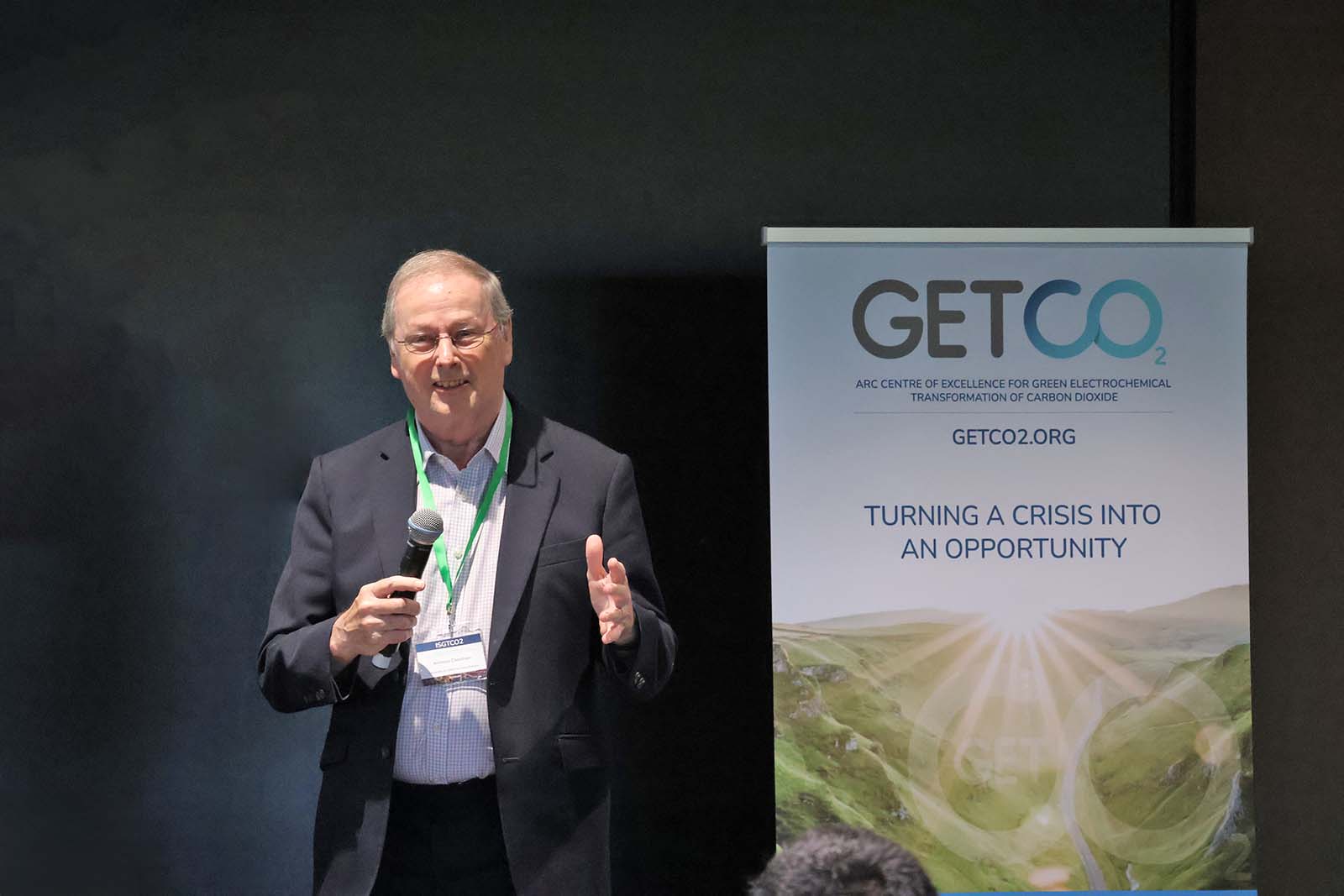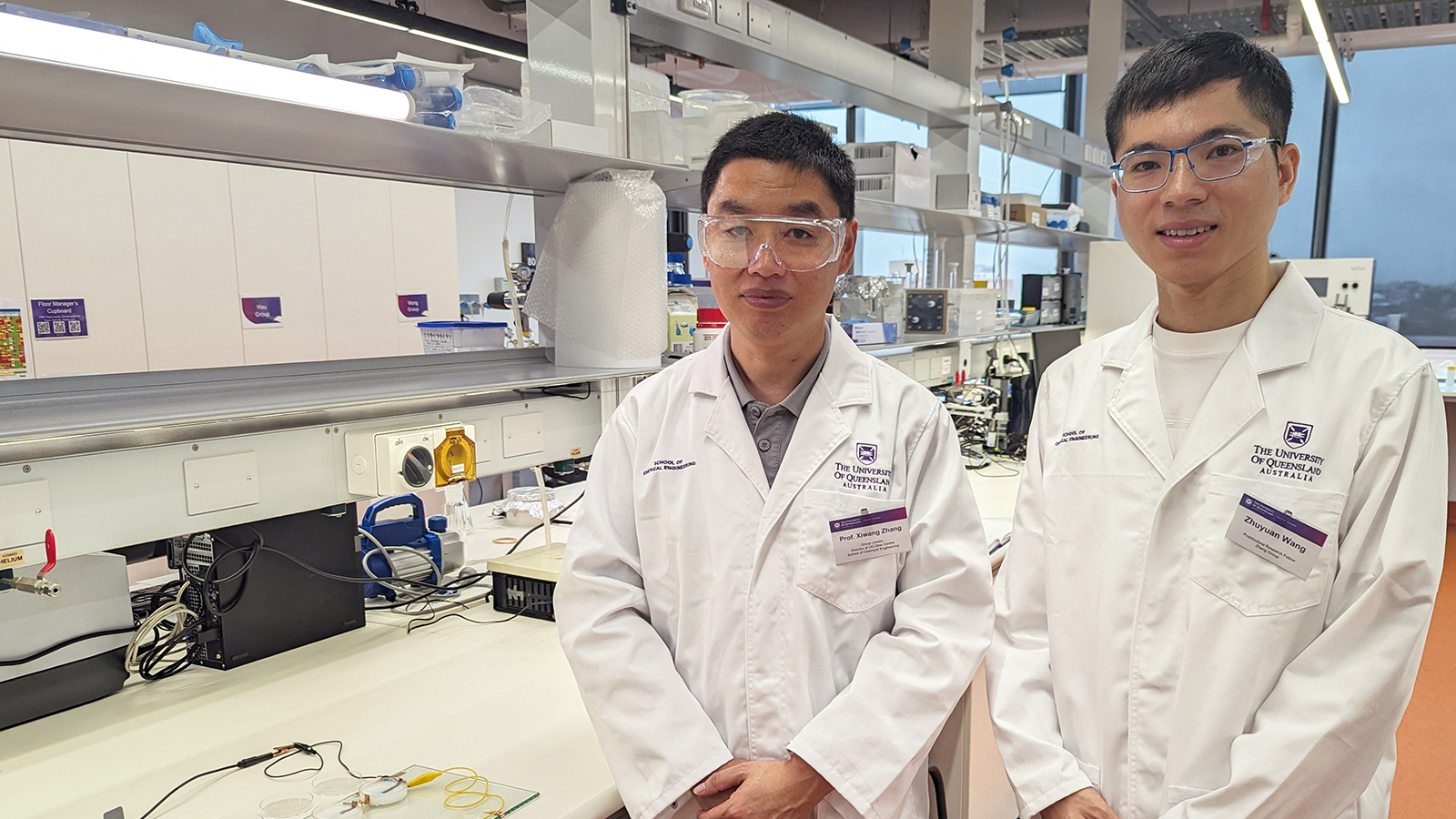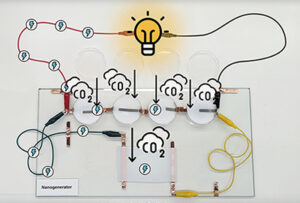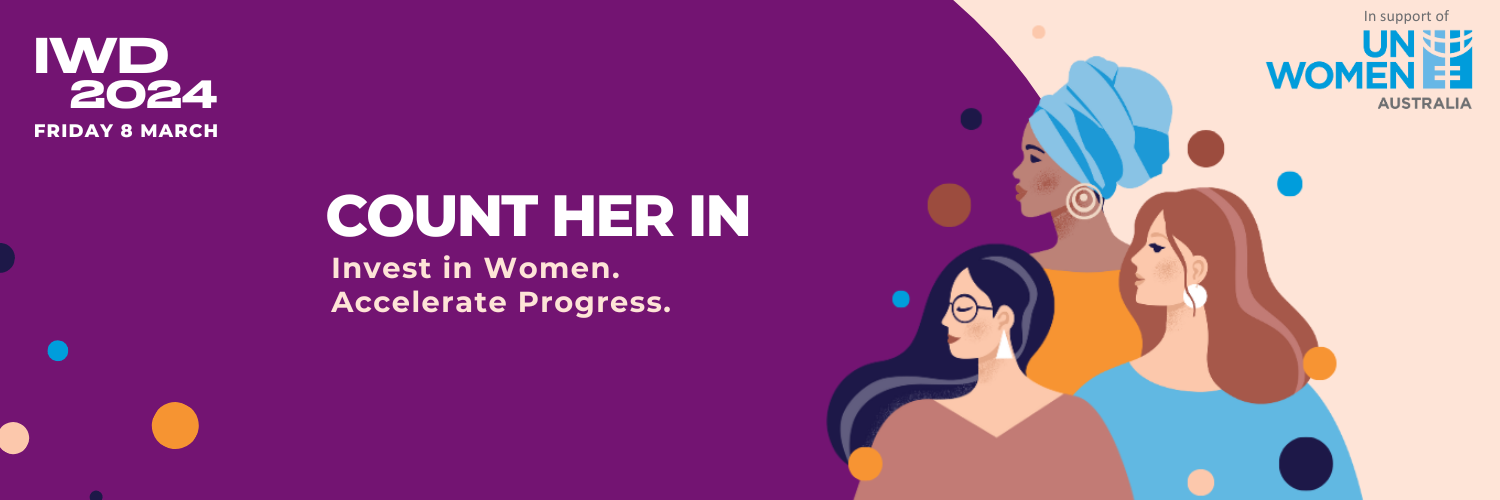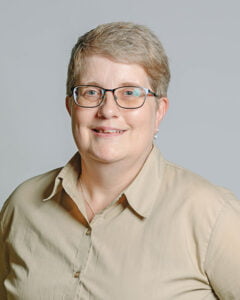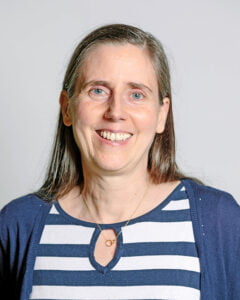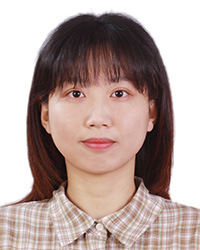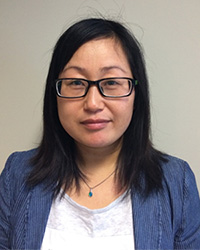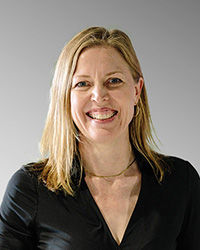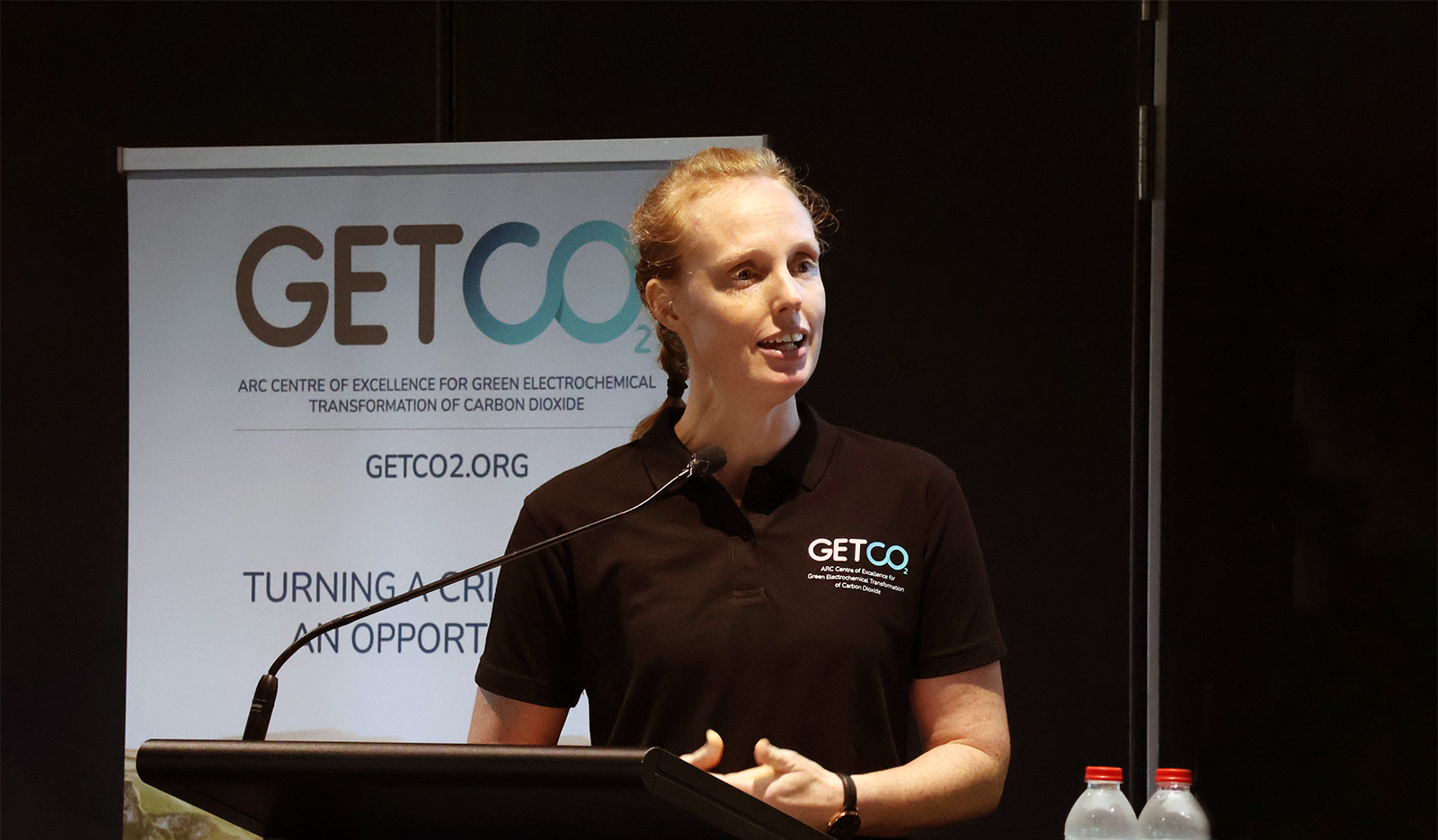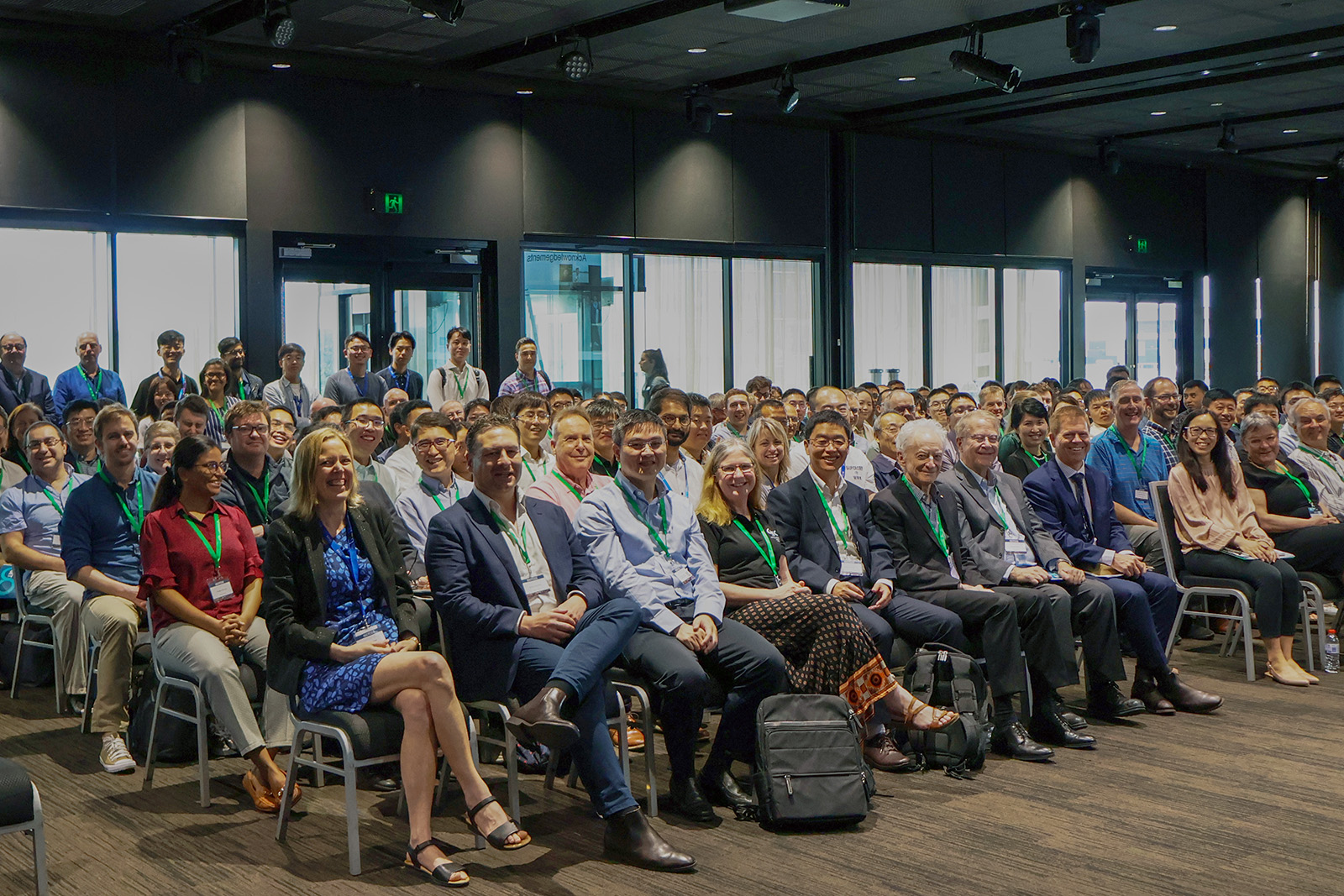Professor Sir Anthony K. Cheetham has made enormous contributions to materials chemistry, ranging from the discovery of novel materials to the investigation of their mechanical, electronic, and magnetic properties to pioneering a rich set of structural characterization methods. His 75th birthday this year marks half a century of transformative materials science.
With his commitment to advancing the frontiers of science, Professor Cheetham has led the field of materials chemistry for decades, leaving a lasting mark on both academia and industry. Likewise, Professor Cheetham’s influence extends globally through his extensive network of collaborations, leadership, mentorship, and advisory roles. As a distinguished professor at leading institutions, such as the University of Cambridge; the University of California at Santa Barbara (UCSB), and, most recently, the National University of Singapore (NUS), he has nurtured generations of researchers and fostered a culture of collaboration, innovation, and scientific inquiry. His mentorship has inspired a legion of scientists who continue to push the boundaries of science in their own right.
To honour his work, Prof Bettina V. Lotsch, A/Prof Jingwei Hou, Prof Efrain E. Roriguez and Prof Wei Li have organised a Special Issue in APL Materials. In the issue they celebrate Professor Cheetham’s defining role in materials chemistry across the globe for more than 50 years. The collection embraces materials chemistry in its entire breadth and depth—in terms of materials classes, characterization techniques, and the close entanglement of experiment and theory.
Read the article, published 17 May 2024, here.
About Professor Sir Anthony Cheetham
Professor Sir Anthony Cheetham is a Research Professor at the University of California, Santa Barbara, a Distinguished Visiting Professor at the National University of Singapore and a member of GETCO2’s Strategic Advisory Committee. He was formerly the Goldsmiths’ Professor of Materials Science at the University of Cambridge (2007-2017) and the Treasurer and Vice-President of the Royal Society (2012-2017). He obtained his D.Phil. at Oxford in 1972 and did post-doctoral work in the Materials Physics Division at Harwell. He joined the Chemistry faculty at Oxford in 1974, and then moved to UC Santa Barbara in 1991 to become Professor in the Materials Department. From 1992-2004 Professor Cheetham was the Director of UCSB’s Materials Research Laboratory. In January 2020 he was knighted by the Queen for “Services to Materials Chemistry, UK Science and Global Outreach”, and in 2022 he received the Sheikh Saud International Prize for Materials Science.
